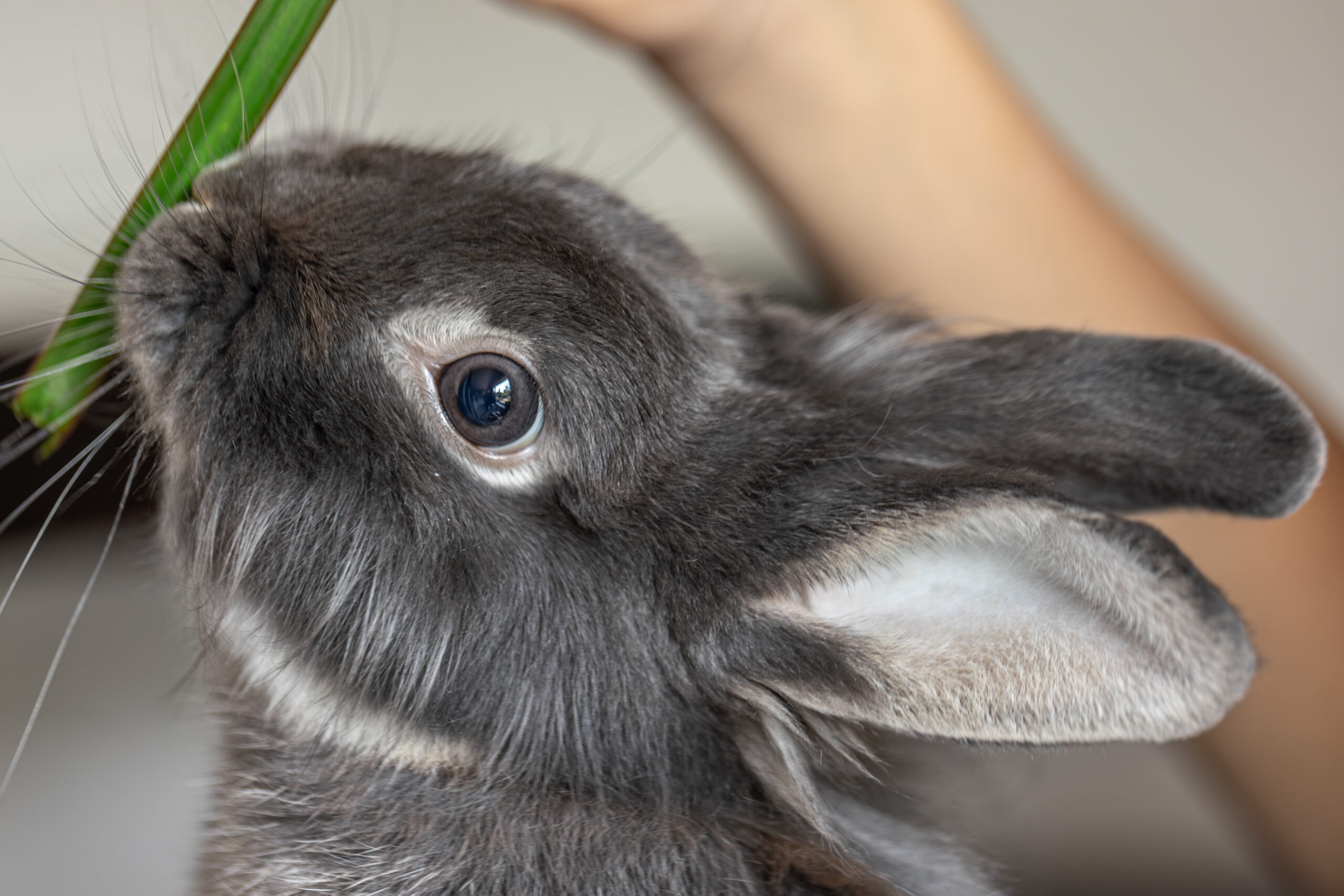Personality disorders can deeply affect emotional well-being, relationships, and daily life. While traditional treatments such as therapy and medication are essential, Animal Therapy for Personality Disorders is emerging as a powerful complementary approach. By offering comfort, connection, and trust, therapy animals can make a significant difference in the lives of those coping with personality disorders.
1. Understanding Personality Disorders and Their Challenges
To begin with, personality disorders are mental health conditions that impact how a person thinks, behaves, and relates to others. For example, they include conditions like:
- Borderline Personality Disorder (BPD)
- Narcissistic Personality Disorder (NPD)
- Avoidant Personality Disorder
- Obsessive-Compulsive Personality Disorder
These conditions often lead to emotional instability, relationship difficulties, and trouble with self-esteem.
For more on mental health support with animals, check out Therapy Animals for Depression Treatment.
2. What is Animal Therapy and How Does it Help?
Animal therapy, also called Animal-Assisted Therapy (AAT), involves using trained therapy animals to support emotional and psychological healing.
Therapy animals—such as dogs, cats, and horses—help individuals:
- Develop trust and empathy
- Reduce anxiety and stress
- Improve emotional regulation
- Build healthier social connections
Moreover, their presence creates a safe, judgment-free space, making emotional expression easier for people dealing with personality disorders.
Learn more about the effectiveness of therapy animals in Animal-Assisted Therapy.
3. How Animal Therapy Benefits People with Personality Disorders
1. Reduces Emotional Instability
Therapy animals offer calm, consistent support. Specifically, for individuals with BPD, who often struggle with intense emotions, spending time with animals can, therefore, help reduce emotional volatility.
2. Builds Trust and Communication Skills
Many people with personality disorders find it hard to trust others. Animals, however, are non-judgmental companions who respond to care and kindness. This builds trust and improves communication.
3. Promotes Routine and Responsibility
Caring for a therapy animal, therefore, encourages individuals to develop structure and routine. In addition, feeding, walking, or grooming animals helps build accountability and healthy habits, which are vital for long-term emotional stability.
4. Provides Stress and Anxiety Relief
Interacting with animals releases oxytocin, the “feel-good hormone,” while lowering cortisol, the stress hormone. Activities like petting therapy dogs or riding horses promote relaxation and mindfulness.
Discover other calming animal roles in How Cats Help with Loneliness.
4. Types of Animals Used in Therapy for Personality Disorders
- Therapy Dogs: Dogs provide emotional connection, companionship, and stability. As a result, they are ideal for individuals struggling with emotional regulation.
- Equine Therapy (Horses): Moreover, working with horses in equine-assisted therapy improves self-awareness, trust, and emotional resilience.
- Therapy Cats: Similarly, cats offer calm companionship and have a soothing presence, which can significantly help reduce anxiety.
- Smaller Animals (Rabbits, Guinea Pigs): Gentle animals like rabbits are perfect for tactile therapy, especially for children or individuals with sensory needs.
Learn about smaller animals providing emotional support in Low-Maintenance Pets with Emotional Benefits.
5. Why Animal Therapy Complements Traditional Treatments for Personality Disorders
Animal therapy has helped countless individuals manage symptoms of personality disorders. For example:
- A person with Borderline Personality Disorder may learn to regulate emotions and develop trust through regular interactions with therapy dogs.
- Equine therapy has been shown to improve emotional stability and communication in individuals with Avoidant Personality Disorder.
As a result, these therapies foster emotional healing by allowing individuals to connect with animals in a supportive environment.
Learn how therapy animals aid mental health recovery in Bipolar Disorder and Therapy Animals.
6. Combining Animal Therapy with Traditional Treatments
While animal therapy is effective, it does not replace traditional treatments. Instead, it works best when combined with:
- Cognitive Behavioral Therapy (CBT)
- Dialectical Behavioral Therapy (DBT)
- Medication and professional counseling
Together, these approaches provide a holistic and well-rounded path toward recovery.
For effective therapy approaches, explore 3 Powerful Therapy Techniques Enhanced by Animals.
Conclusion
Animal Therapy for Personality Disorders is a unique and compassionate approach to emotional healing. Whether through therapy dogs, horses, or smaller animals, this method offers comfort, routine, and trust to individuals coping with these conditions. By combining animal therapy with traditional treatments, individuals can experience profound emotional growth and improved well-being.
To explore more ways animals support emotional healing, check out Animal-Assisted Therapy.

